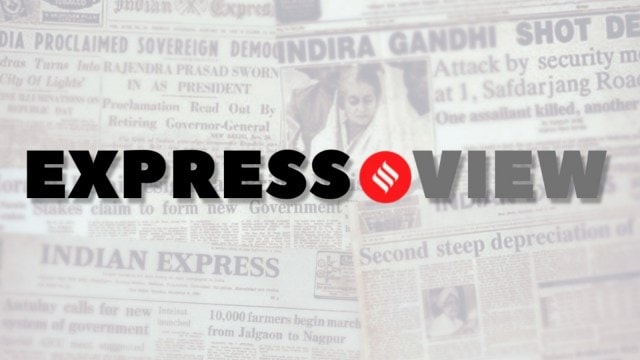
On July 23, 2023, about 10,000 military reservists in Israel came out on the streets against the Benjamin Netanyahu government’s impending overhaul of the country’s independent judiciary. The threat by military personnel to stop serving was of a piece with months of protests against the government’s plans, as well as against the prime minister himself, not least because of the corruption allegations — he has been in the dock since 2020 — against him. Political instability had plagued Israel for around half a decade at the time. The 2022 poll that saw Netanyahu’s return to power at the head of a fragile coalition was the fifth election in four years. In the immediate aftermath of the horrific attack by Hamas on October 7, 2023, those political divisions — and the legitimate grievances against the PM — were papered over. Now, after two years of a war that has devastated Gaza and, at times, expanded beyond Palestine to Iran and Lebanon, that shield has been dented. For the sake of the ceasefire, a durable accommodation of Palestinians and broader regional stability, the country that claims to be “the only democracy in the Middle East” needs a return to a politics of accountability.
The ceasefire in Gaza is already on precarious ground. As it moves into its second and third phases — involving demilitarisation, governance and reconstruction — it will require political will, and a mandate to push it through. Netanyahu, who has lost his more centrist allies, is beholden to a far right that sees compromise as a loss and peace as an abdication. At the beginning of the war, his popularity had soared, but as recently as August, polls suggested that over 70 per cent of Israelis had lost trust in the government. On Sunday, the Israel Defence Forces attacked Gaza in response to alleged terrorist action and the country’s parliament, the Knesset, called a vote on bills that favour annexing the West Bank. Reports are also emerging about impediments to aid to Gaza. Washington, reports suggest, is “frustrated” over these actions. Just two weeks after President Donald Trump announced “peace” with great fanfare, V-P J D Vance described the bills proposed by far-right parties as a “political stunt”, an insult.
There is little doubt that Netanyahu’s political fortunes were buttressed by the Hamas attack. Yet, both within and outside Israel, sympathy for the beleaguered people of Gaza has grown. Elections are not due till October 2026. But as the ceasefire progresses, the politics may well become more shrill and lead to greater instability in Israel. It will require leaders who can take people and coalition partners along. That is a tall order in the current circumstances. A fresh mandate might empower a new government to turn ceasefire into peace.